Maintaining your car’s long-term health demands regular upkeep. A car is a sophisticated machine with numerous moving components that operate as a cohesive whole to provide reliable transportation. To function at its optimal level, however, requires regular maintenance much like any other machine. Servicing your car incorrectly might result in significant problems that can be expensive to fix or even result in a complete breakdown of your vehicle.
Here, we will explore the advantages of routine auto maintenance for your car’s long-term health and also examine the significance of regular maintenance, the many benefits of a thorough tune-up and more.
The Economic Advantage of Frequently Changing Your Oil
Changing your oil is one of the most important aspects of regular car upkeep. Your engine’s moving parts remain lubricated with oil, this prevents them from rubbing against one another and wearing out prematurely. Your engine suffers bigger friction and wear as a consequence of unclean, less effective oil over time. Your engine could overheat as a result, shutting down, and needing expensive repairs.
Depending on the make and model of your car, a typical guideline is to change your oil every 4800 to 8000 kilometers. By keeping your engine lubricated and free of dirt, frequent oil changes help in extending the life of your engine. Furthermore, they enhance the fuel efficiency of your vehicle, which could lower your petrol expenses.
The Advantages of a Thorough Tune-Up
A thorough tune-up is an additional essential component of routine auto maintenance. Inspecting and replacing damaged parts, altering engine settings, and checking the effectiveness of your car’s systems are all covered in a tune-up. This helps preserve your car’s effectiveness and seamless operation, reducing the likelihood of errors and expensive replacements.
Your technician at your preferred auto garage or the ones near you could change ignition components, air filters, and other parts that may wear out over time during a tune-up. They additionally make sure that the steering, suspension, and brake systems on the car are all functioning properly. A tune-up can assist in avoiding small faults from growing into larger, more expensive problems by detecting them early.
Why Preventative Maintenance Is Essential
Preventative maintenance, which entails assessing and fixing small problems before they grow into bigger concerns, is an additional aspect of routine car care. This can entail carrying out duties like checking your car’s fluid levels, checking the timing chains and hoses, as well as maintaining an eye on the batteries.
Preventative maintenance is crucial since it increases the life of your car by avoiding the growth of minor problems into serious ones. For example, you can have your car’s battery checked out and altered before it entirely dies if you observe that it has begun to lose its charge. You could avoid the expense and inconvenience of a dead battery on a cold winter’s morning by doing this.
There are several additional elements of car care that are vital to the long-term health of your vehicle, in addition to periodic oil changes, comprehensive tune-ups, and preventative maintenance. Let’s examine a few of them:
Aligning the wheels
The vehicle’s handling and safety depend upon proper wheel alignment. Improper wheel alignment may result in uneven tyre wear, reduced fuel efficiency, and difficulties driving your vehicle. Misaligned wheels can eventually harm your car’s steering and suspension systems.
Regular wheel adjustments can keep your vehicle running smoothly and help prevent such issues. A mechanic will alter the angles of your wheels during a wheel alignment in order to make sure they are parallel to each other and perpendicular to the ground. This might decrease tyre wear, increase fuel efficiency, and simplify vehicle control.
Brake repair
One of your car’s most important security features is its brakes. They allow you to stop and slow your vehicle down while driving, avoiding collisions and accidents. Your car’s stopping power could decrease as a consequence of the brakes’ pads and rotors wearing down and losing their ability to stop over time.
Regular brake service can help to avoid these problems and keep your car safe while driving. Your braking rotors and pads will be checked and, if necessary, changed during a brake service. In addition, they will inspect your brake fluid levels while searching for leaks or other issues in your brake lines.
Maintenance of transmissions
The gearbox in your car regulates shifting gears and distributes engine power to the wheels. Shifting issues and a decline in performance might result from the gearbox fluid getting dirty and less effective over time.
Regular gearbox repair may keep your car running smoothly and help to prevent such issues. A mechanic will drain the old fluid and add new fluid to the gear during repair. They might also look for leaks or other damage in your gearbox and perform any required repairs.
Cooling System Maintenance
The cooling system in your car is in charge of regulating the engine’s temperature. Your engine could overheat if the coolant becomes contaminated with dirt and debris over time, which will reduce its effectiveness.
Regular cooling servicing can assist in preventing these issues and keep your car running efficiently. A mechanic will drain the old coolant and replace it with new coolant during a cooling system service. Apart from verifying your radiator and hoses for leaks or damage, they could additionally carry out any necessary repairs.
Servicing of air conditioning
On hot days, the air conditioning system in your car is in control of keeping you cool and at comfort. Your air conditioner’s performance may decrease over time if the refrigerant escapes or is contaminated.
Regular maintenance on the cooling system could help in preventing these issues and keep you comfortable while flying. A mechanic will inspect your system for leaks or corrosion during an air conditioning service, and if necessary, refill the refrigerant.
The importance of periodic fluid checks is another area of vehicle upkeep that is often overlooked. Your car requires a number of fluids for functioning properly, and if any of these fluids are depleted or contaminated, it might cause major issues.
These are some of the crucial fluids to look at:
Oil
Regular changes of oil are essential to preserving the health of your engine, as we’ve previously explained. But between oil changes, it’s also essential to check your oil level. Low oil levels could end up in heating or engine seizing, which will call for expensive repairs.
Coolant
As we’ve previously stated, your car’s cooling system is in the position of regulating the engine’s temperature. Nevertheless, if the cooling system level is low, your engine might heat up and need costly maintenance. This can be prevented by constantly monitoring your coolant levels.
Brake fluid
The hydraulic pressure needed by your car’s brakes to operate properly is produced by brake fluid. Your brakes may fail or become less effective if your brake fluid level is low, raising the likelihood of an accident.
Power steering fluid
If your vehicle includes power steering, it needs fluid to function effectively. Your steering may become stiff or sluggish due to low power steering fluid, which will make it tougher to control the car.
It’s crucial to make sure that these fluids are fresh and devoid of pollutants in addition to carrying out periodic checks on them. Fluids that have become contaminated or dirty could damage your car’s systems while rendering them operate less effectively.
Overall, regular fluid checks are an essential part of car maintenance that can keep your car operating smoothly and help to avoid serious problems.
The use of high-quality parts and materials is an essential aspect of car maintenance. Despite it may be tempting to choose cheaper alternatives, using inadequate components can actually damage your vehicle.
Better efficiency and long-term reliability are provided by high-quality components and materials because they are made to work flawlessly with your car’s systems. Cheaper component may not fit properly or may be made of inferior materials, which may lead to early wear and failure.
Dealing with an honest mechanic or dealership is essential when selecting out components for your car. They can advise you on the best solutions for your vehicle and make sure they are installed properly.
Better performance and durability are delivered by high-quality parts and supplies that are made to work flawlessly with your car’s systems. Cheaper elements may not fit properly or may be made of cheaper components, which may lead to early wear and failure.
Entrusting your vehicle with RedFox Auto Care is as simple as working with an honest mechanic because this is essential when picking out accessories for your car. RedFox advises you on the best options for your vehicle and makes sure they are installed properly.
These frequent vehicle services are crucial to the long-term performance of your car. Doing such repairs help avoid expensive issues while preserving the efficiency of your car by maintaining regular repair tasks like oil changes, tune-ups, and preventative upkeep. Furthermore, keeping additional essential parts like your wheels, brakes, gearbox, cooling system, and air conditioning in check will assist in ensuring that your car keeps going to be reliable and secure for a long time to come. So be sure to schedule routine servicing with an expert mechanic like RedFox Auto Care services to ensure your car is maintained well throughout the years and to make sure you get the most out of your vehicle.

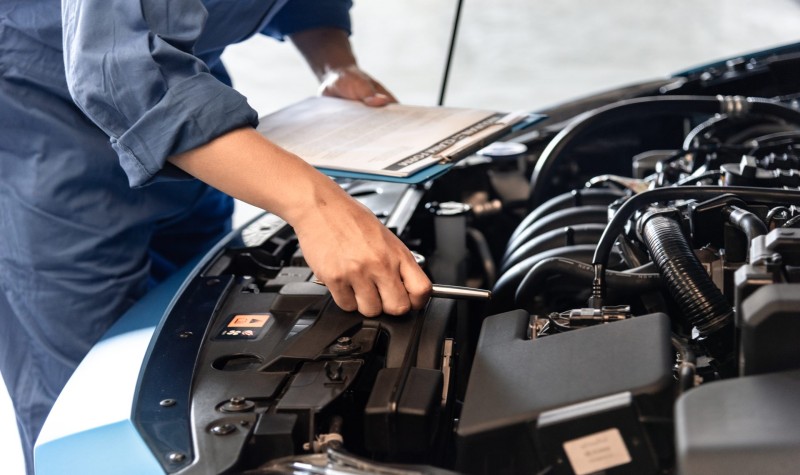 Engine Seized or Locked Up? Here’s What You’re Really Dealing With
Engine Seized or Locked Up? Here’s What You’re Really Dealing With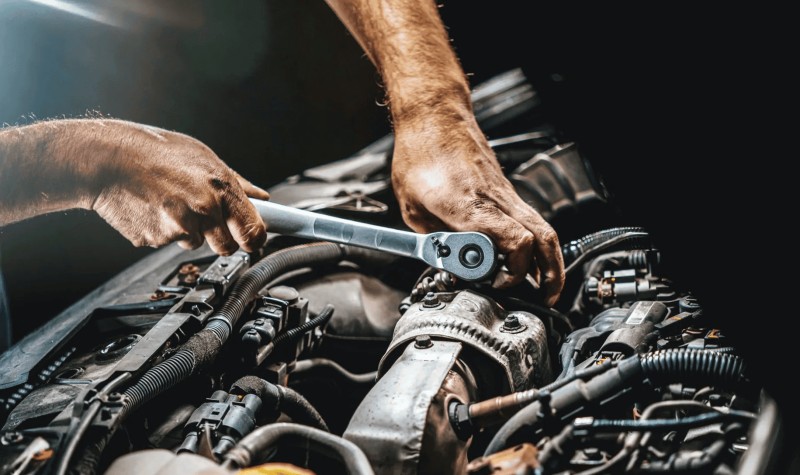 Is It Safe to Drive with Reduced Engine Power?
Is It Safe to Drive with Reduced Engine Power?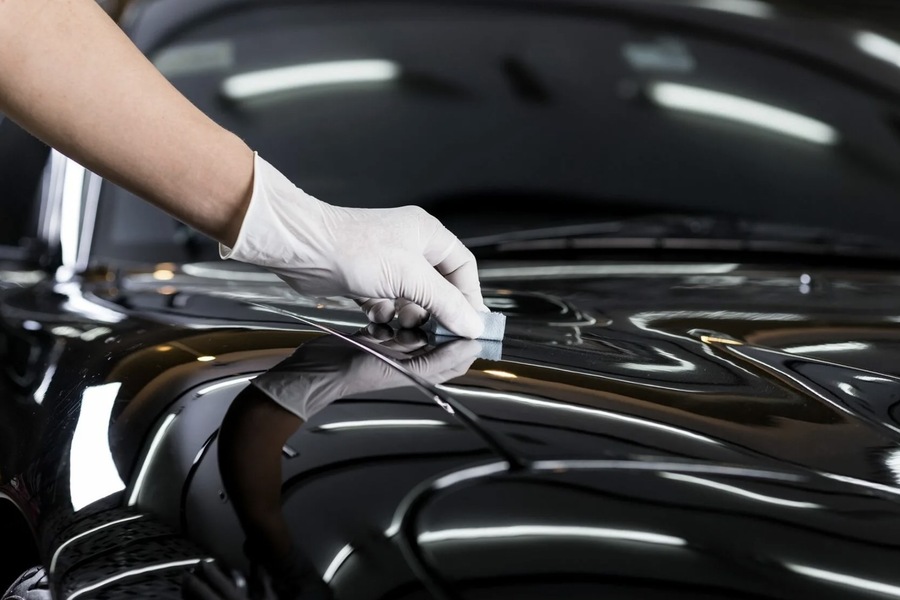 What Type of Car Paint Protection Is Best in Abu Dhabi? | Ultimate Guide
What Type of Car Paint Protection Is Best in Abu Dhabi? | Ultimate Guide How Does Ceramic Coating Protect Your Car’s Paint?
How Does Ceramic Coating Protect Your Car’s Paint? 5 Most Common Oil Mistakes That Might Ruin Your Car
5 Most Common Oil Mistakes That Might Ruin Your Car When Should You Replace Your Tires? Warning Signs You Shouldn’t Ignore
When Should You Replace Your Tires? Warning Signs You Shouldn’t Ignore Common Range Rover Problems and How to Fix Them
Common Range Rover Problems and How to Fix Them How Weather Conditions Affect Your Car Battery and How to Protect It?
How Weather Conditions Affect Your Car Battery and How to Protect It?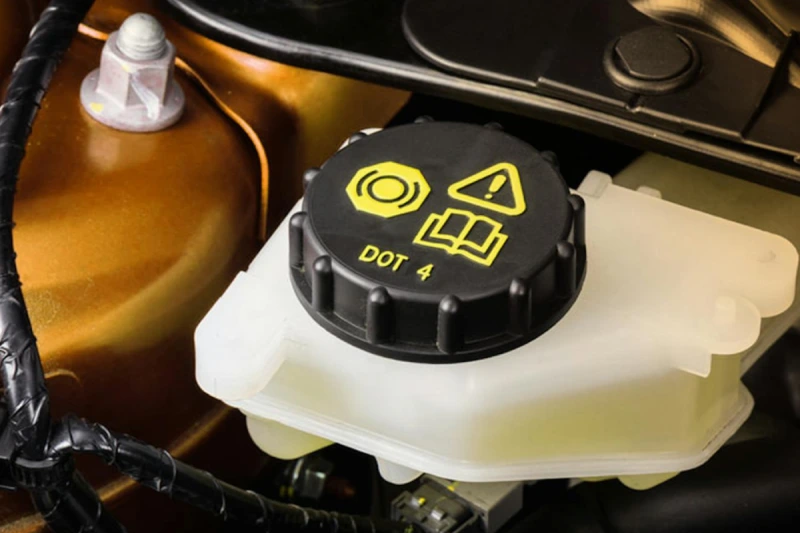 Why Brake Fluid is Essential for Your Car’s Safety in Ras Al Khaimah
Why Brake Fluid is Essential for Your Car’s Safety in Ras Al Khaimah Mercedes-Benz Engine Repair: Common Issues and How to Fix Them
Mercedes-Benz Engine Repair: Common Issues and How to Fix Them Top Signs Your Car AC Needs Immediate Repair in Abu Dhabi
Top Signs Your Car AC Needs Immediate Repair in Abu Dhabi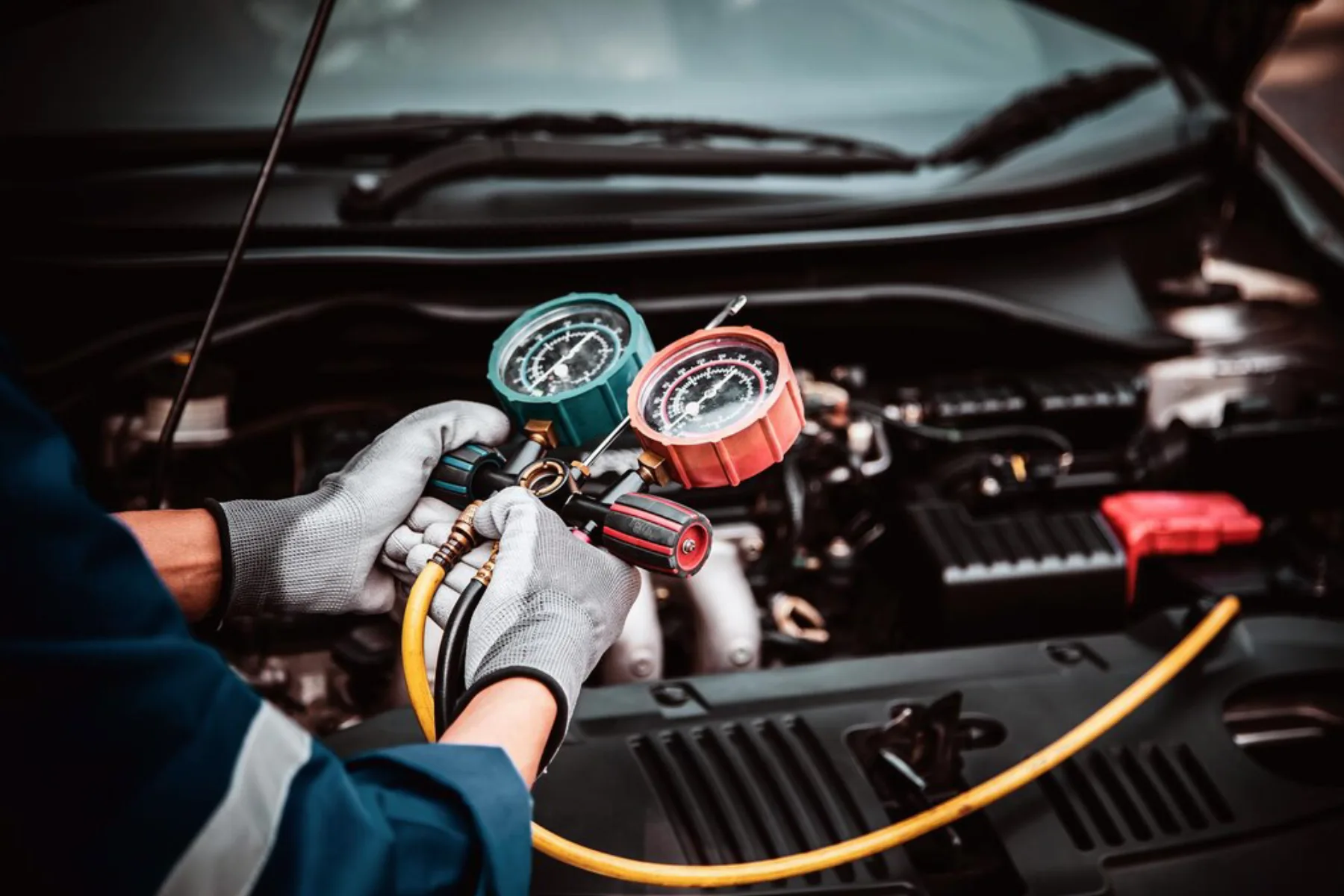 The Ultimate Guide to Car AC Repair: Everything You Need to Know
The Ultimate Guide to Car AC Repair: Everything You Need to Know How to Find a Reliable Car Garage Near Me in Abu Dhabi
How to Find a Reliable Car Garage Near Me in Abu Dhabi Why Car Detailing is Essential in Ras Al Khaimah
Why Car Detailing is Essential in Ras Al Khaimah Windscreen Repair vs. Windscreen Replacement: Which One Do You Need?
Windscreen Repair vs. Windscreen Replacement: Which One Do You Need? Top Signs Your Car Battery Needs to Be Replaced
Top Signs Your Car Battery Needs to Be Replaced The Importance of Regular Tire Maintenance: Tips and Tricks
The Importance of Regular Tire Maintenance: Tips and Tricks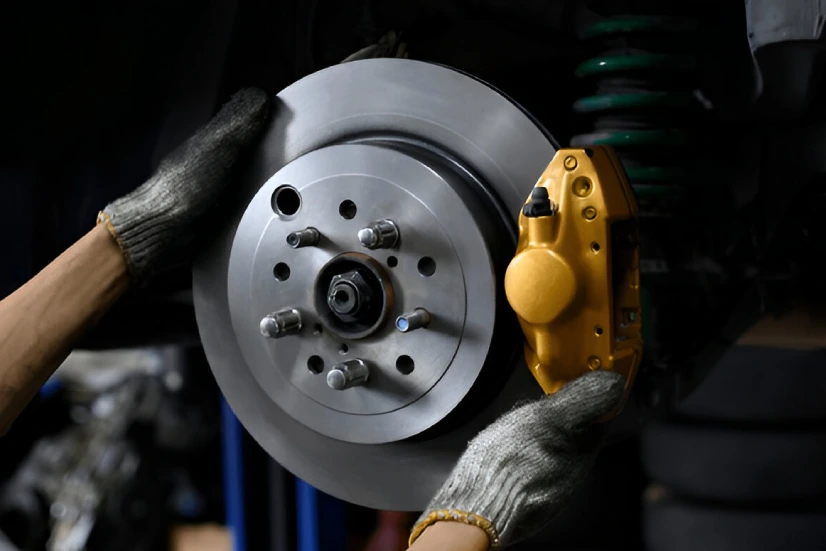 Understanding Brake Issues: When to Repair or Replace Your Brakes
Understanding Brake Issues: When to Repair or Replace Your Brakes What Can One Expect During a Full Vehicle Inspection?
What Can One Expect During a Full Vehicle Inspection?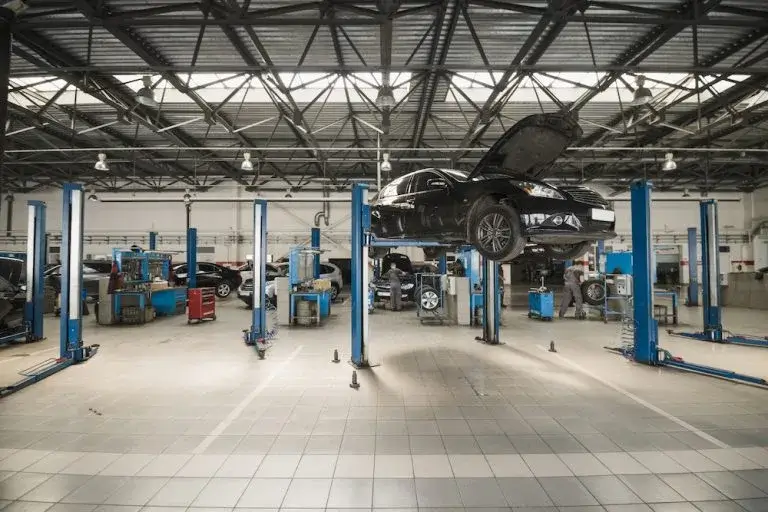 Top-Rated Car Garages in Ras Al Khaimah: A Comparative Guide
Top-Rated Car Garages in Ras Al Khaimah: A Comparative Guide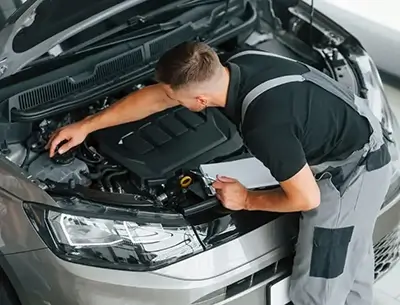 5 Common Engine Problems and How to Fix Them: A Guide for Car Owners
5 Common Engine Problems and How to Fix Them: A Guide for Car Owners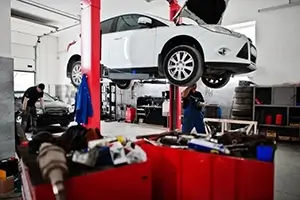 Signs You Need to Take Your Car to the Mechanic
Signs You Need to Take Your Car to the Mechanic Exploring Unusual Smells in Cars: A Guide to Identifying and Resolving Odors
Exploring Unusual Smells in Cars: A Guide to Identifying and Resolving Odors Bespoke Care for Your Range Rover: Understanding the Importance of Regular Service
Bespoke Care for Your Range Rover: Understanding the Importance of Regular Service Quick Tips for Finding the Best Car Mechanic Near You
Quick Tips for Finding the Best Car Mechanic Near You Choosing the right car repair workshop: Factors to consider
Choosing the right car repair workshop: Factors to consider Expert Car Mechanics Near Me: How to Identify Skill and Experience
Expert Car Mechanics Near Me: How to Identify Skill and Experience The Benefits of Regular Car Servicing for Optimal Performance and Safety
The Benefits of Regular Car Servicing for Optimal Performance and Safety Trusted Car Garages Near Me: How to Avoid Shoddy Repairs
Trusted Car Garages Near Me: How to Avoid Shoddy Repairs Preventing Costly Repairs with Routine Car Maintenance and Inspections
Preventing Costly Repairs with Routine Car Maintenance and Inspections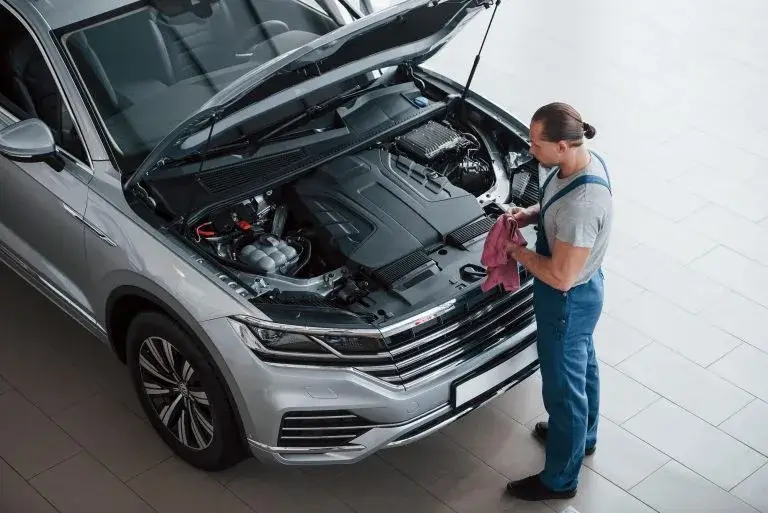 Navigating the Car Repair Industry: How to Find Honest and Affordable Services
Navigating the Car Repair Industry: How to Find Honest and Affordable Services Understanding the Basics of Car Maintenance and Repair for Vehicle Owners
Understanding the Basics of Car Maintenance and Repair for Vehicle Owners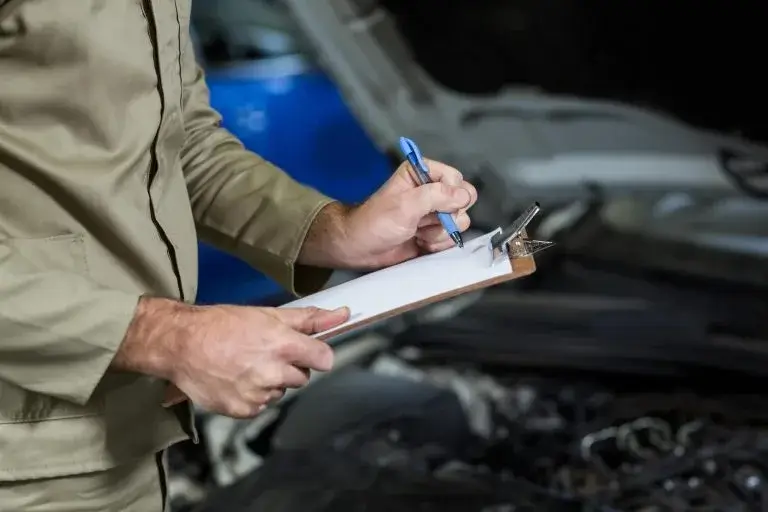 Why regular car servicing is crucial for long term vehicle health?
Why regular car servicing is crucial for long term vehicle health?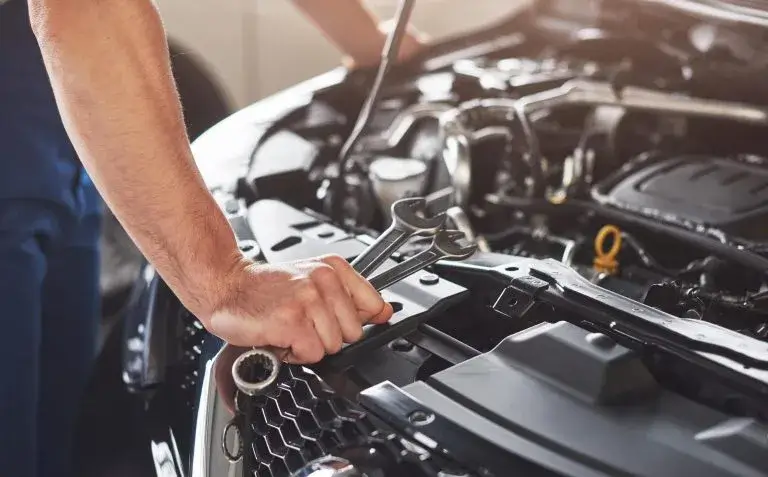 Maximizing the Lifespan of Your Vehicle with Routine Car Maintenance
Maximizing the Lifespan of Your Vehicle with Routine Car Maintenance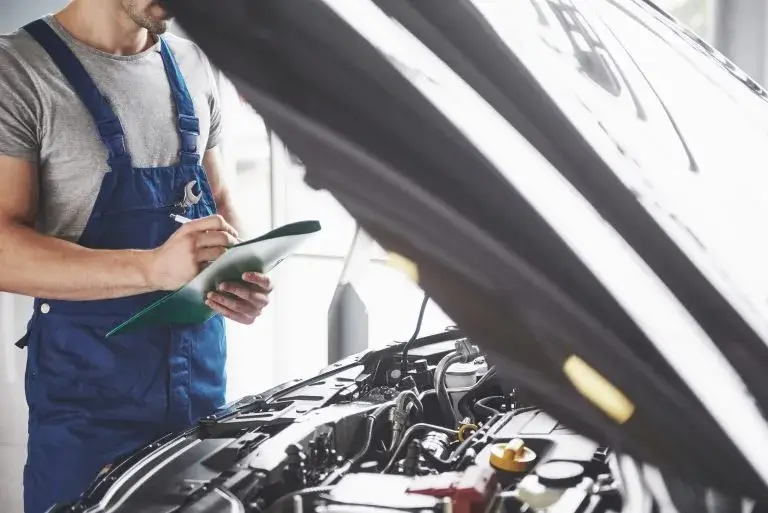 The importance of Pre-purchase car inspections: Don’t buy a lemon
The importance of Pre-purchase car inspections: Don’t buy a lemon